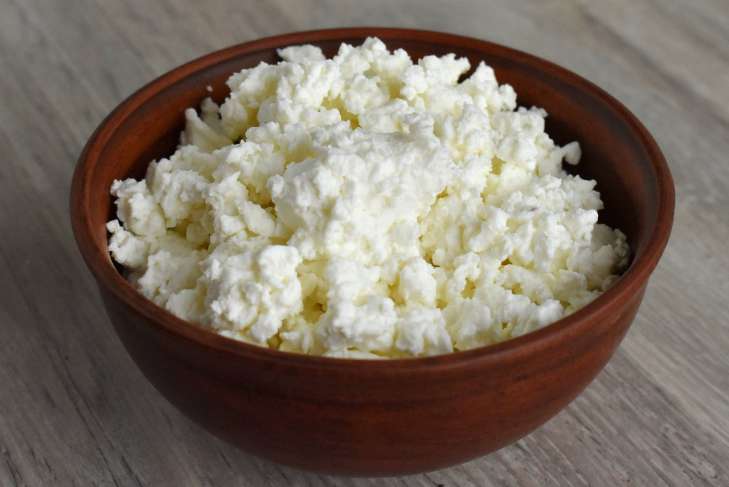Cottage cheese has few contraindications. These are mainly personal intolerances, allergies to milk protein and kidney diseases (due to the high protein content, cottage cheese loads the organs of the excretory system).
You should also be more careful with cottage cheese if you have obesity or atherosclerosis.
What are the benefits of cottage cheese
In addition to the high calcium content, cottage cheese has virtually no substances that interfere with its absorption.

And even vice versa: lactose and amino acids increase the beneficial effects of calcium.
The product is rich in tryptophan, an amino acid that helps you sleep better at night and also prevents insomnia, depression and anxiety.
Cottage cheese is rich in calcium (164 milligrams) and phosphorus (220 milligrams).
By including it in your diet, you will get rid of dental problems;
Bones will become stronger, and nails and hair will look better. Cottage cheese normalizes sleep.
Cottage cheese contains a lot of tryptophan, an amino acid that relieves insomnia, anxiety and depression.
In what form is cottage cheese healthier
In nutrition, it is better to stick to the golden mean.
Cottage cheese with a fat content of 4 to 9% will suit most consumers.
There are not many calories in it, but at the same time all the benefits are preserved.
What time of day is best to eat cottage cheese
Cottage cheese is protein, and a healthy body absorbs protein foods at any time of the day.
However, there are certain canons of nutritional balance.
According to them, it is better to consume more carbohydrates in the morning and leave proteins for the second half of the day.
Therefore, it is better to eat cottage cheese for an afternoon snack or dinner.













